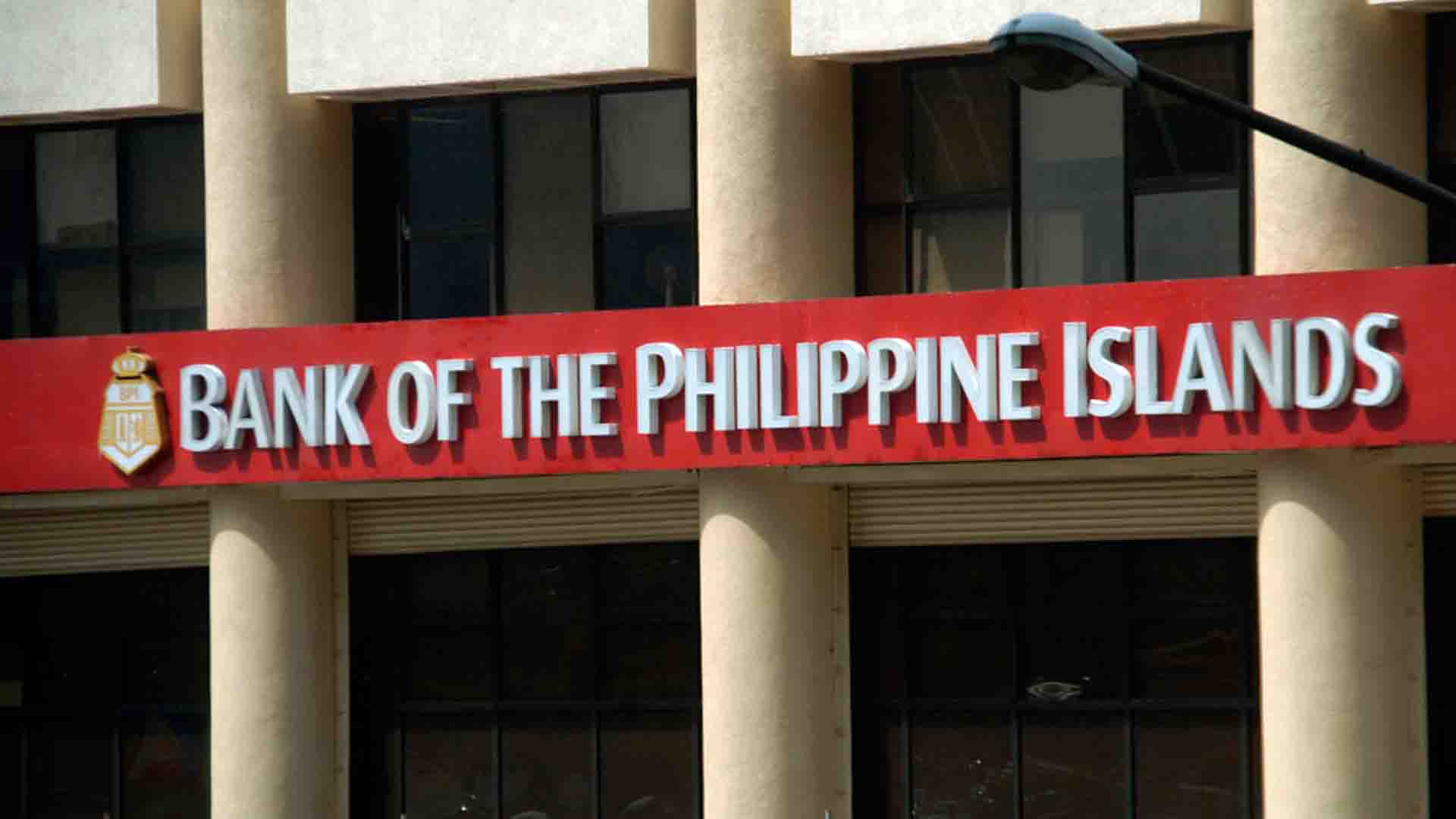An official of Ayala-led Bank of the Philippine Island (BPI) is optimistic about the improvement of the Philippine economy next year, with growth projected at 6.4 percent from the forecast expansion of 5.9 percent.
These growth forecasts are, however, lower than the government’s 6 to 7-percent target for this year and 7 to 8-percent goal for next year until 2022.
In a briefing Thursday, BPI lead economist Jun Neri said growth is expected to improve in 2020, as he discounts a similar situation that happened this year when the proposed national budget was approved late.
Growth, as measured by gross domestic product (GDP), slipped to 5.5 percent in the first half of this year from six percent levels in recent years due to the impact of the delay in the approval of the national budget.
Lawmakers approved this year’s PHP3.6-trillion budget only last February, and this was signed into law only by mid-April after lawmakers failed to agree immediately on the allocation for some infrastructure projects.
President Rodrigo Duterte, however, vetoed around PHP95 billion worth of allocations.
With the delay in the approval of the national budget, the government failed to implement several infrastructure projects that resulted in weaker government spending, which in turn affected domestic growth.
In the first half of the year, expenditures contracted by 0.83 percent to PHP1.59 trillion from PHP1.60 trillion same period in 2018.
However, government spending has improved in the following months after the government implemented a catch-up program, especially for infrastructure projects.
As of end-August, government expenditures improved by 0.94% to PHP2.21 trillion from PHP2.19 trillion in the first eight months this year.
Neri said underspending is less likely next year as authorities have learned their lesson.
“But then again, I would still probably give a 20 percent or 30 percent probability that spending could remain anemic next year because of challenges in the absorptive capacity of the local governments and different agencies of the government, particularly (for) big-ticket projects because it takes a lot of scale to prepare that. And if there are so many projects, it could result to backlogs,” he added. (PNA)








